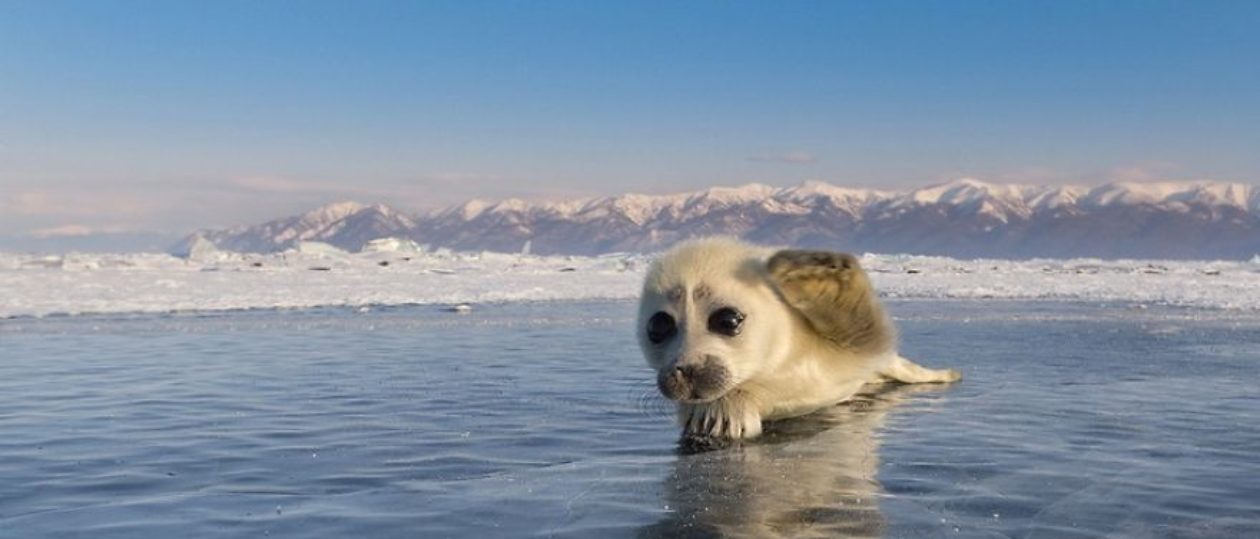“By destroying our planet in order to satisfy our greed for happiness we bequeath the future to the future generations a world damaged beyond repair with all the negative consequences that this will have for their lives. We must act therefore responsibly for our children and those who succeed us in this life.” Pope Francis
This quote makes me think about animals and illegal trade. Many people mistakenly purchase ivory statues or ivory necklaces for good luck or status. Other people buy medicines made from tiger parts. Sadly, at least one tiger per day is killed for use in traditional Chinese medicine. And the population of elephants in Tanzania is down by 60% because of illegal poaching. Those purchases come with devastating consequences, the death of 30,000 innocent elephants per year for their ivory and the death of innocent tigers for their body parts.
As I have mentioned before, animals are a precious part of our world. Without them we are impoverished. On a trip to Africa I once had the opportunity to watch a wild baby elephant happily play in muddy water and gleefully spray it all over herself. It was a sight that touched me to the core and one which I will never forget. Having said that, I have not seen wild tigers. Yet I am amazed by their beauty which clearly appears in this wonderful photo courtesy of tigersincrisis.com.
Illegal wildlife trade is one of the largest criminal activities in the world. It ranks in the top five of illegal business activities and is worth about $7.8 – 10 billion per year. Please demand strong enforcement, tougher penalties, prosecution, and better protection for animals. We can no longer afford to think only of ourselves. We must think about wildlife, and we must protect it.




